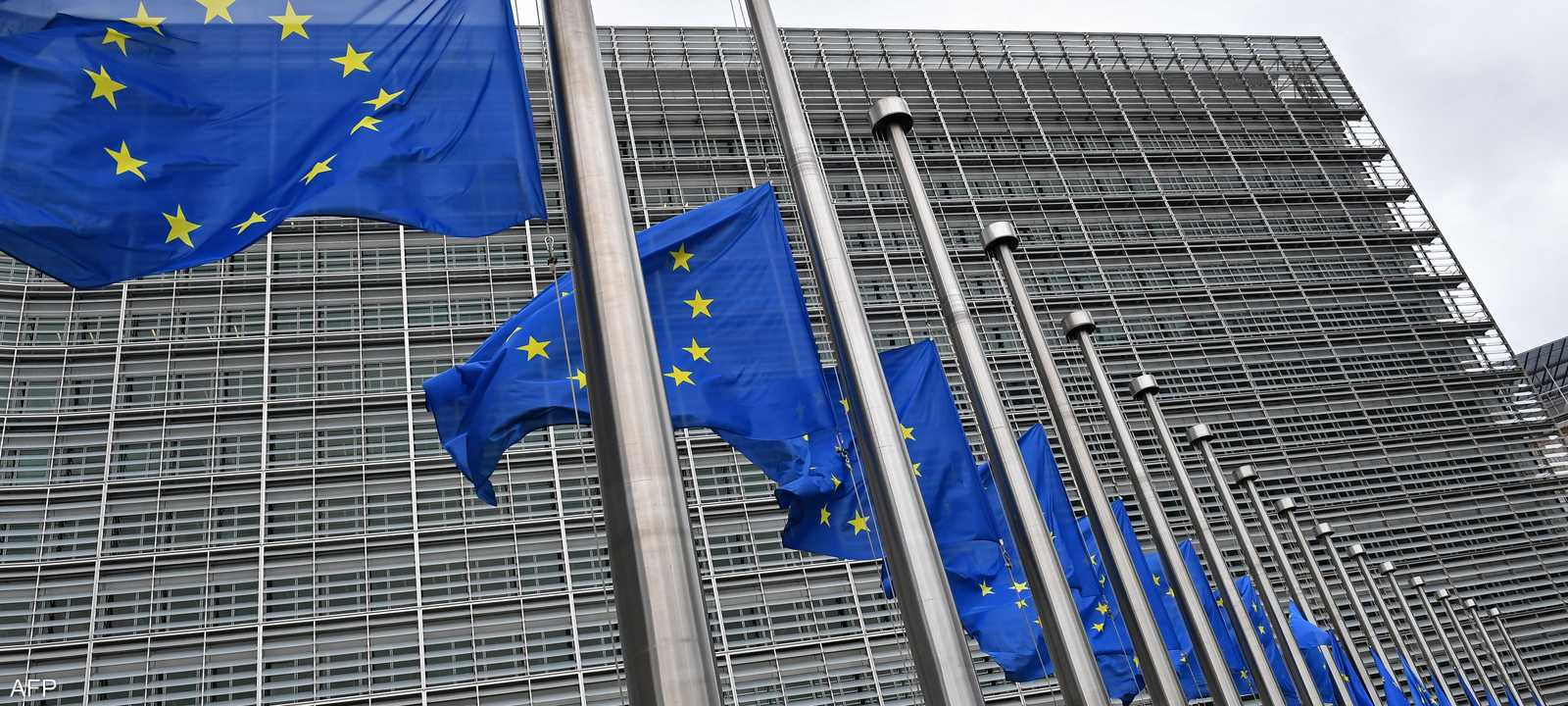
European Union
The European Parliament and EU member states have agreed on legislation to create a legal framework for the billions of data collected using internet-connected devices and products, which also allows for better economic exploitation.
Smart devices and products used in everyday life, such as cars, phones, personal assistants, etc., generate huge amounts of data. Globally, this volume of data is expected to grow from 33 ZB (one thousand gigabytes) in 2018 to 175 ZB by 2025, according to the European Commission.
To determine the nature of these data, as an example, a car owner may want to share his travel data to obtain better prices, and this data collected from millions of users can help develop or improve traffic information services.
However, an estimated 80% of industrial data remains unutilized.
Members of the European Parliament and EU member states agreed late on Tuesday on the text of new rules to be introduced by the European Commission in February 2022 to tighten controls over the use of such data.
The legislation will apply to all sectors of the economy from 2025, but could be complemented with specific rules for each sector defining who has the right to create value from data and under what circumstances.
The law aims to ensure fairer access to data for companies, create new and innovative services, and provide more competitive pricing for after-sales service and repair of related accessories.
The EU’s goal is to increase GDP by 270 billion euros by 2028.
protect small and medium businesses
The new rules give consumers access to the data they generate, which is often collected exclusively from manufacturers, and will allow it to be shared with third-party companies that provide services.
The law also seeks to maintain incentives for manufacturers to invest in data production.
It also provides compensation for costs associated with transferring data and prevents it from being used to develop competing products.
The rules are designed to protect small and medium-sized businesses’ access to data, and in particular to protect them from arbitrary terms imposed by larger groups.
It also allows public agencies to access data from private companies to deal with emergencies or perform certain tasks.
Cloud service customers will also be able to switch service providers more easily.
How is my personal data stored securely?
EU Internal Market Commissioner Thierry Breton, who is leading the implementation of the project, said the law “will ensure that industrial data is exchanged, stored and processed in full compliance with European rules. It will create a prosperous, innovative and open market”. Data economy. “
But the consumer association criticized what they saw as a “missed opportunity”. Ursula Paschl, deputy director-general of the European Union’s consumer office, criticized the legislation, saying “European institutions have given companies a lot of flexibility to prevent consumers from communicating with others on the basis of trade secrets”. Service providers share data.
While big digital companies advocate for a legal framework, they worry about losing control of valuable resources.
“Unfortunately, the agreements reached do not go far enough to enable companies to share data responsibly, or to give users the freedom to decide how their data is used,” said Alexander Rohr, director of public policy at CCIA, an advocacy group for tech giants. .
